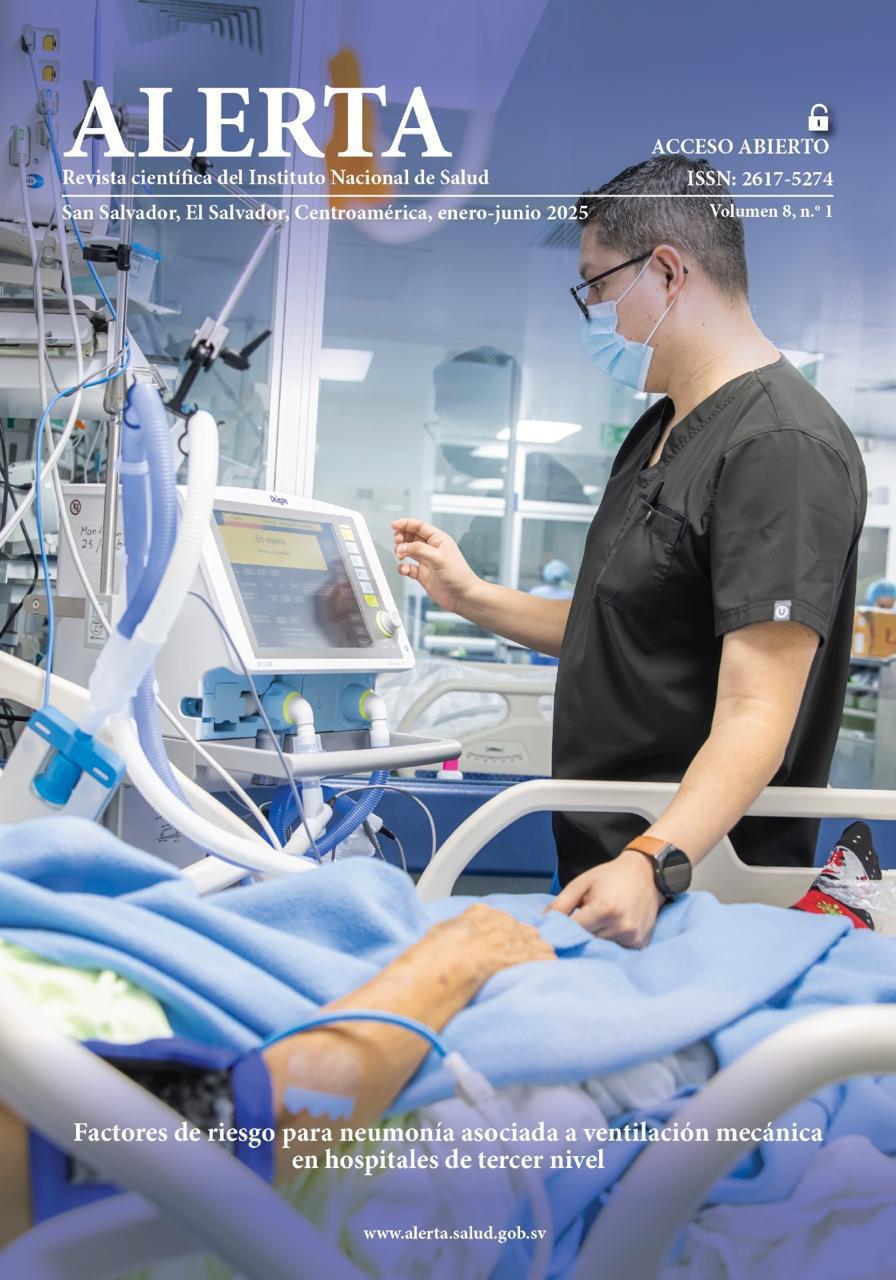Advances in the use of Artificial Intelligence in Latin American Medical Education
DOI:
https://doi.org/10.5377/alerta.v8i1.19194Keywords:
Artificial Intelligence, Education Medical, Virtual RealityAbstract
Artificial intelligence is the ability of a system to emulate cognitive functions. In healthcare, it is used to support complex decision-making and medical skills training. It is a tool for creating virtual simulation scenarios and evaluating the performance of medical students. This literature review aims to describe the advances in artificial intelligence in medical education in Latin America. The databases PubMed, SciELO, and Google Scholar were consulted; publications in Spanish and English from 2019 to 2024 were included, and keywords and Boolean operators were applied. Artificial intelligence in medical training seeks to replicate cognitive skills in problem-solving and is classified into narrow artificial intelligence and general artificial intelligence. It is a transformative tool that empowers virtual reality, optimizes outcomes, offers opportunities to strengthen the effectiveness of healthcare, and makes improvements in personalizing the learning process. However, its implementation requires addressing ethical and legal challenges for its full exploitation. In Latin America, there is a steady increase in the adoption of artificial intelligence-based tools for medical staff training.
Downloads
2052
Additional Files
Published
How to Cite
Issue
Section
License
Copyright (c) 2025 Casto David Ramírez Domínguez, Graciamaría Alvarenga Somoza, Naara Eunice Olivares Guzmán, Marta María Cárcamo Trinidad, Ana Gabriela Salamanca Reyes

This work is licensed under a Creative Commons Attribution 4.0 International License.
Privacy statement:
Alerta articles are published under license Creative Commons 4.0 CC BY: https://creativecommons.org/licenses/by/4.0/
Authorship rights
Revista Alerta gives the authors exclusive control of their work and the right to be acknowledged and cited.





